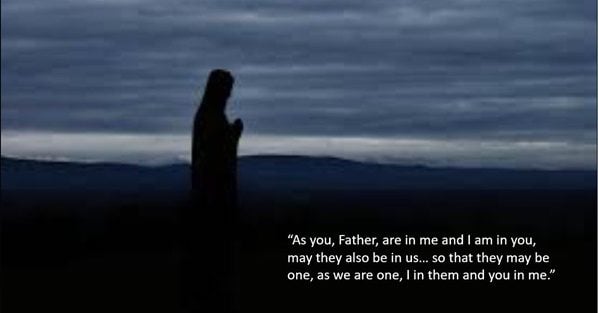
Oprah Winfrey is used to asking the questions, but there is one question that everyone asks Oprah.
From presidents to world dignitaries to movie stars to housewives and househusbands to comedians to perpetrators of crimes to victims of crimes to rich and to poor, when the cameras stop rolling and the lights go off, the question is always the same:
Was that okay?
Can you believe it? People who seem to have all the success the world has to offer ask the same question as those who commit heinous and violent acts.
But why? What unites humanity in this question, “Was that okay?”
Rene Girard’s mimetic theory unlocks the answer. Girard claims that human desire is mimetic. Desire is fundamentally a social phenomenon. As opposed to basic needs of food, water, and shelter, our desires don’t originate spontaneously from deep down inside of ourselves. Rather, desire originate from observing what others desire. Girard’s formula for the mimetic desire is that we “desire according to Another.”
Presidents, movie stars, comedians, perpetrators of crimes, you, me – everyone – desires in this mimetic process. And here’s the key for that question everyone asks Oprah – we don’t just desire stuff. Even more fundamentally, we desire being.
We want to be someone. Because our desire is constituted by the mimetic process, we look to others to know how to be in the world. In his book Violence and the Sacred, Girard states that because we don’t innately know how to be in the world, within ourselves we experience a lack of being.
Once his basic needs are satisfied (indeed, sometimes even before), man is subject to intense desires, though he may not know precisely for what. The reason is that he desires being, something he himself lacks and which some other person seems to possess.
“Was that okay?” The question speaks to Girard’s concept of the “lack of being.” Why is it that presidents, world dignitaries, movie stars, and other highly successful people can suffer from a sense of insecurity? Because they experience the same “lack of being” that we all sense within our Self.
As finite creatures, we humans will have stages in life where we experience a lack of being, but we don’t have to be enslaved to those stages. The solution begins with becoming aware of the modern lie that we are autonomous individuals. That lie tells us to deny our mimetic nature. It says that in order to be a fully developed person we must be thoroughly independent. But like all lies, the lie of autonomy and independence only causes us harm as it leads us to deny not only the mimetic nature of desire, but also the lack of being we all experience.
Denial only makes our sense that we lack being feel worse. The solution is to openly admit our dependency upon others for a sense of being. Now, not all of us can ask Oprah to affirm us with her approval. If anyone in our culture has the fullness of being, it is Oprah. But I’m sure that there are times when even Oprah asks, “Was that okay?”
But what happens when that approval is withheld? What happens if Oprah says, “You were awful!”
We become resentful. Which is why seeking approval and the fullness of being from others is dangerous because we are fickle creatures. As easy as approval is to give, it can just as easily be taken away. So, where can anyone go to receive the fullness of being that we seem to lack?
The best place I know is God. “God is love” says 1 John, and “perfect love casts our fear.” We have nothing to fear from God, who loves and approves of us unconditionally. The Genesis creation story makes the beautiful claim that you and I are created in the very image of God. That image was not something we created or grasped for ourselves to make us better than them; rather, it is something all of us have received from God.
There is a holiness to being human. The ancient Hebrews called it kavod. The term originally referred to the weight of something when trading in business, but it took on a figurative meaning of sacredness, holiness, and importance. There is a kavod, a holy and weighty significance, to just being human. We did nothing to earn that kavod and there is nothing we can do to lose that kavod.
I’ll end with these words from Abraham Joshua Heschel, the great 20th century rabbi, who put it like this in his book Who is Man?
What do I see when I see a man? I see him first as one other specimen of the human species, then as a specific, particular individual who can be named or identified; but then he stands before me as the only entity in nature with which sanctity is associated. All other sacred objects in space are made holy by man. Human life is the only type of being we consider intrinsically sacred, the only type of being we regard as supremely valuable. The particular individual may not be dear to me—in fact I may even dislike him. Bu he is dear to someone else, to his mother, for example, although that too is not the reason for his eminence. For even if nobody cares for him, he still is a human being.











